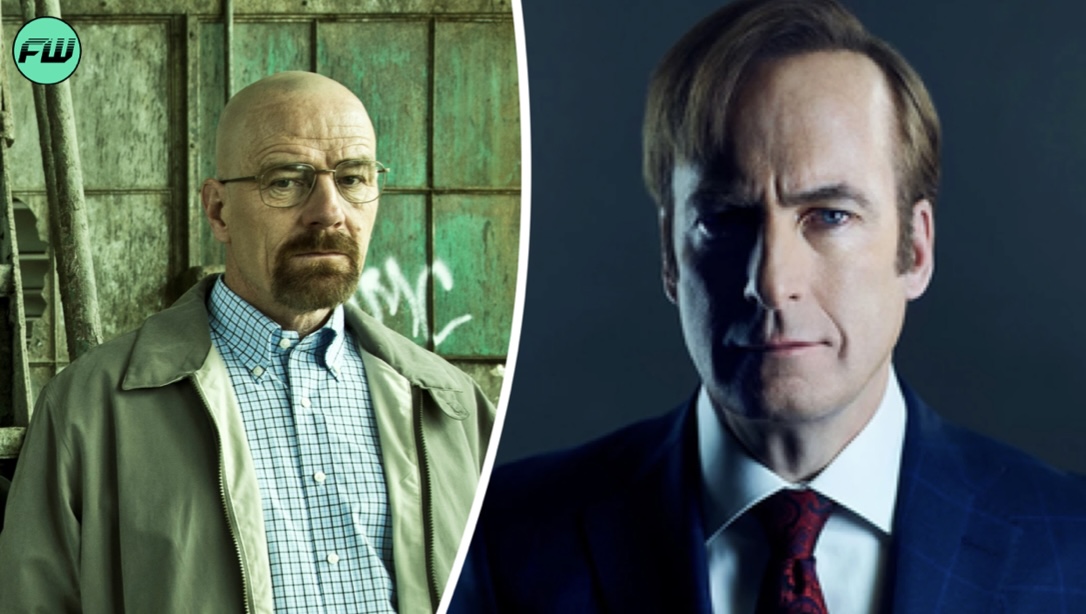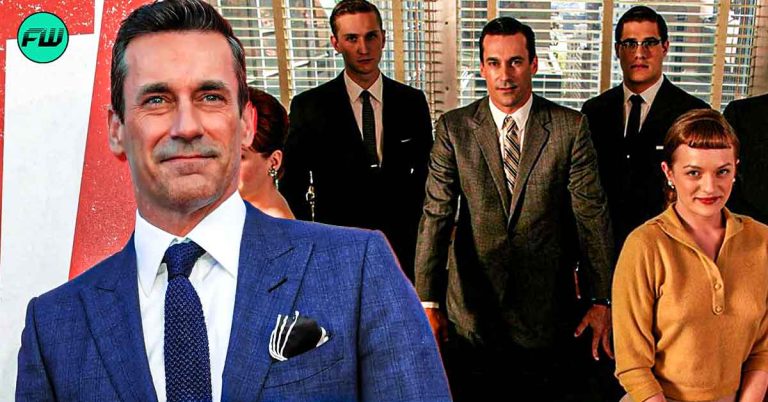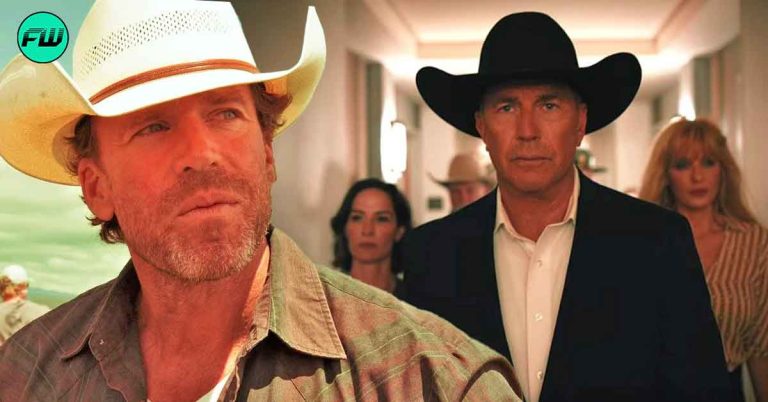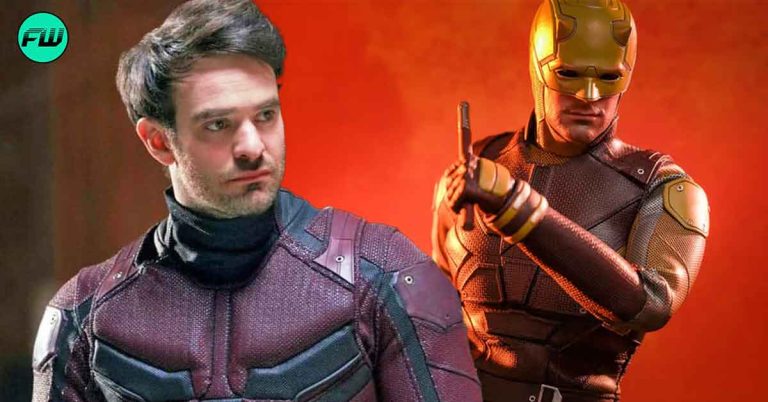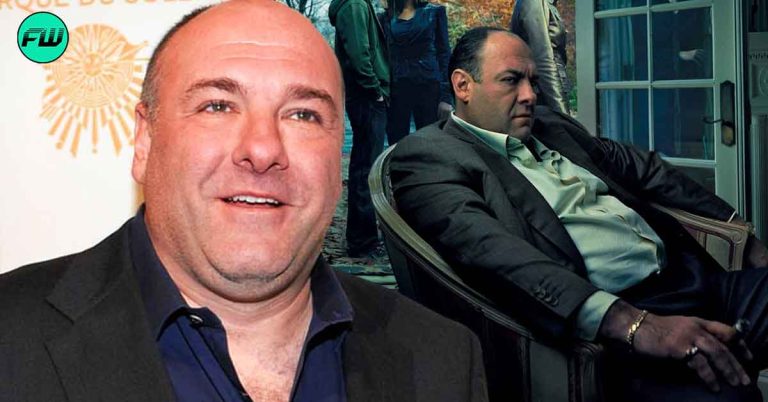After six incredible seasons, Better Call Saul has come to an end and interestingly, Saul Goodman’s character arc in that show is almost the complete opposite of Walter White’s arc in Breaking Bad. Whilst we witnessed Walt go from being a khaki-wearing Ned Flanders type to a ruthless, murderous drug lord, we witnessed Saul go from being a slippery con-man to a heartsick individual willing to sacrifice himself for the greater good.
SPOILER ALERT: If you have yet to watch the finale of Better Call Saul, it is recommended that you go and do that before reading the rest of this article.
The correct way to subvert audience expectations
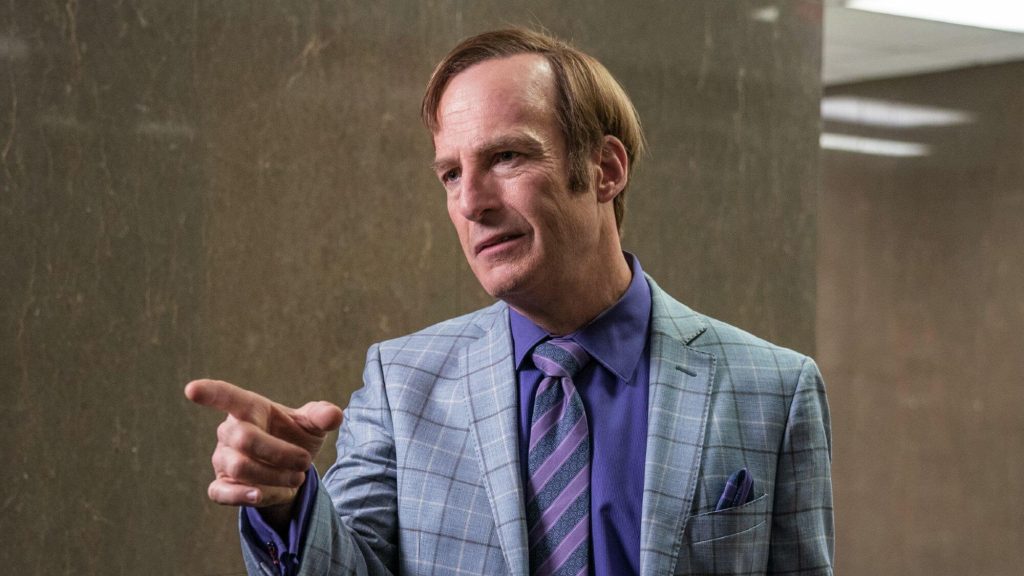
When Better Call Saul first began, Saul Goodman’s character arc was unclear. With the knowledge that this show was a prequel to the character that we eventually meet in Breaking Bad, many expected to witness the transition from the slightly morally corrupt Jimmy McGill to the straight-up criminal of Saul Goodman.
Instead, much of Better Call Saul revolves around a love story. It may not be the most conventionally romantic relationship ever portrayed on television, but what Jimmy and Kim had together was special in its own unique way. The two thought of one another as equals, they were a team no matter what. This meant if they had to bend societal rules to breaking point for the sake of their own personal benefit, then they would gladly do so.
Also read: Breaking Bad: Snarkiest Jesse Quotes
The lesser of two evils

Regardless of which point in Saul Goodman’s character arc is being focused on by the show’s writers, there is one thing which remains consistent throughout; the character of Jimmy/Saul is like a virus. He blows through life corrupting everyone in his wake. Whether that be manipulating someone to bend the rules, “just this once,” or coaxing someone into helping him ruin a professional rival’s entire life.
With that being said, to insinuate that Kim wasn’t helping Jimmy of her own volition would be insulting to the character. Rhea Seehorn has always portrayed Kim with a purposeful, strong will and fierce intelligence. These established character traits cannot just be ignored in favour of the notion that Jimmy made Kim help him.
Therefore, it must be the case that Kim knew exactly what she was doing. With that in mind, does Kim really deserve a happy ending, or does she deserve to be in the same position as Jimmy is in the post–Breaking Bad scenes of the show? Regardless, Jimmy chooses to clear Kim’s name at the end of Better Call Saul, meaning that she can restart her law career without any potential prosecution issues hanging over her head.
A selfless act by a selfish man

In the final episode of Breaking Bad, Skylar White sees her husband alive for the last time. She berates him, making it clear that she is sick of his excuses saying:
“If I have to hear one more time, that you did this for the family.”
He cuts her off, uttering a famous retort which asserts what the audience and everyone else in the show suspected to be true all along:
“I did it for me. I liked it. I was good at it. And… I was really… I was alive.”
This infamous exchange has been immortalized by Breaking Bad fans in the years since the show’s finale. This is partly due to that scene being a fantastic example of the show’s phenomenal writing, however, it is also due to that scene summing up the true nature of Walter White.
Regardless of the turmoil that his drug empire has brought upon his family, Walter White remains proud of what he built. He never shows any real guilt or remorse. Even when mortally wounded, he dies smiling in a meth lab.
In contrast, Saul Goodman’s character arc ends with a selfless act. He admits to everything he did throughout the duration of both Better Call Saul and Breaking Bad in court. He is sentenced to 86 years in prison. Even if that gets reduced, he will likely spend the remainder of his life behind bars. And yet, Better Call Saul still has a happier ending than Breaking Bad as it is an example of love triumphing over everything else, even the most self-serving character in television.
Also read: REVIEW: Aaron Paul Shines In ‘El Camino: A Breaking Bad Movie’
What did you think of Better Call Saul’s finale? Were you satisfied with the way that Saul Goodman’s character arc played out? Let us know in the comments section below and be sure to keep it locked to FandomWire for more content like this.
Follow us for more entertainment coverage on Facebook, Twitter, Instagram, and YouTube.

